What is an IRS free file?
What is an IRS free file?
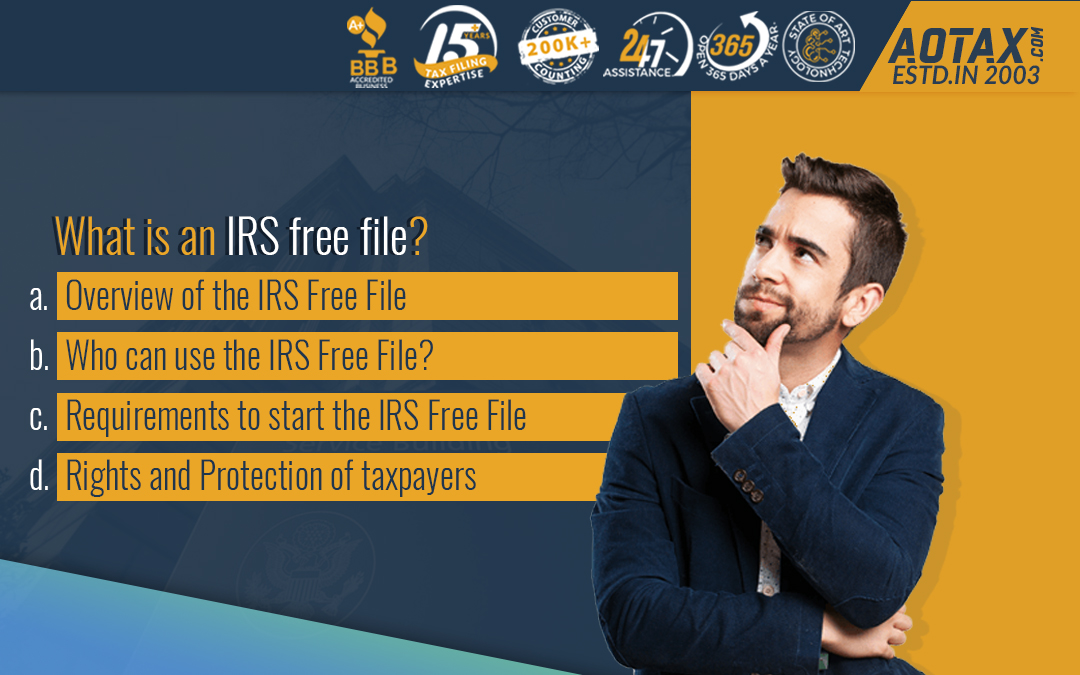
The IRS Free File Program can be described as a public-private partnership that has been established between the IRS and tax preparation filing software industry entrepreneurs who are providing their brand name products free of cost. By the IRS free file, taxpayers can prepare their tax returns and file their federal income tax returns online free of cost.
- By traditional IRS Free File, taxpayers can obtain free online tax preparations and federal tax filing options on the partner websites of the IRS. These partners are the online tax preparation companies that would help in developing and delivering the service of tax preparation and tax filing to the taxpayers.
- The IRS Free File Fillable Forms are the electronic tax forms that can be filled online and without paying any charges as well. However, you must keep in mind the fact that the IRS Free File Option is only made available for those taxpayers who have an income i.e. Adjusted Gross Income (AGI) greater than $69,000.
Overview of the IRS Free File.
- You can access the tax preparation software on the IRS website.
- There is no compulsion to make use of any particular provider. The provider chosen by you must be working the best according to your situation.
- On clicking on the provided link on the IRS website, you can visit the necessary provider. You can check the eligibility criteria and also find out the features offered by each provider.
- Now, on the creation of an account, the software provider would show you a step-by-step walk through the process of completion of the tax returns preparation and filing.
- The software would provide you with a set of questions find out tax breaks and provide the best options for tax filing based on the answers you have provided.
- Every service provider can file the tax returns for you electronically and you would obtain an acknowledgment in the form of an e-mail receipt when the return filing request has been accepted by the IRS.
- By the IRS Free File, the tax payment can be made free too. However, if you owe taxes to the IRS then the tax payment can be made by the IRS Direct Pay.
Who can use the IRS Free File?
- IRS Free File can be said to be an ideal option for you if you have basic tax situations.
- The IRS Free File system will provide the most common tax forms; so, if your tax return filing would need to file some obscure tax form then the IRS Free File is not a convenient option for you.
- You must also be quite proficient in the English language to make an ease-free use of the IRS Free File.
- Moreover, the processor of your computer and the browser should also be apt for the use of the software. The processor should be the Intel Core 2 Duo 1.8 GHz processor and you must have high internet speed.
Requirements to start the IRS Free File.
Some specific requirements must be fulfilled for starting the use of the IRS Free File.
- Your AGI can be accessed by a copy of the previous year’s federal tax returns.
- Your valid Social Security Numbers, valid Social Security Numbers for your spouse, and other dependents.
- Receipts of Social Security Benefits and Unemployment Compensation.
- Income receipts related to any small scale business if you have and income receipts from real estate, rental, partnerships, trusts, S corporations, etc.
- Form 1099-INT to show the interest that has been paid to you throughout the year.
- Form W-2s which shows your annual wages obtained from employers.
- Form 1099-G for highlighting any refund, credit of State and local taxes.
- Form 8962 reflecting the Premium Tax Credit.
Rights and Protection of taxpayers.
If you are opting for the IRS Free File method, you would have some of the below-mentioned rights.
- Free Federal Tax Return
- Protection from any kind of unnecessary fees
- Guidance in making your choices
- Protection from the bank product fees
- Obtain important information on the charges related to State returns
Conclusion.
So, the IRS Free File is a convenient option for tax return filing and tax payment which can be used by the Americans for easy tax procedures.

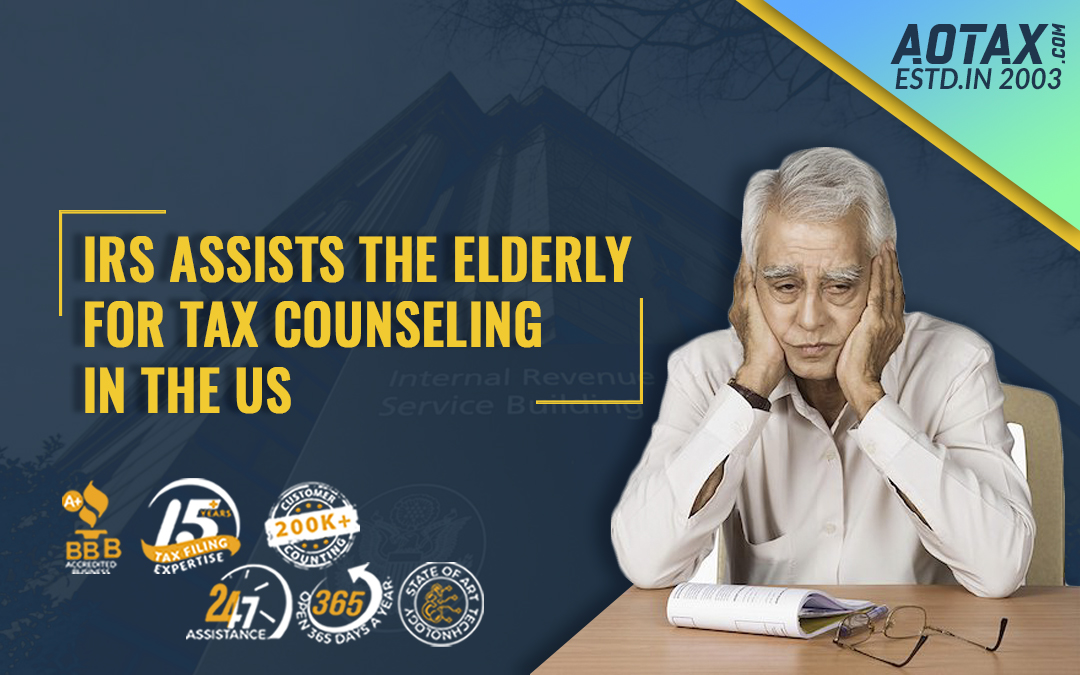
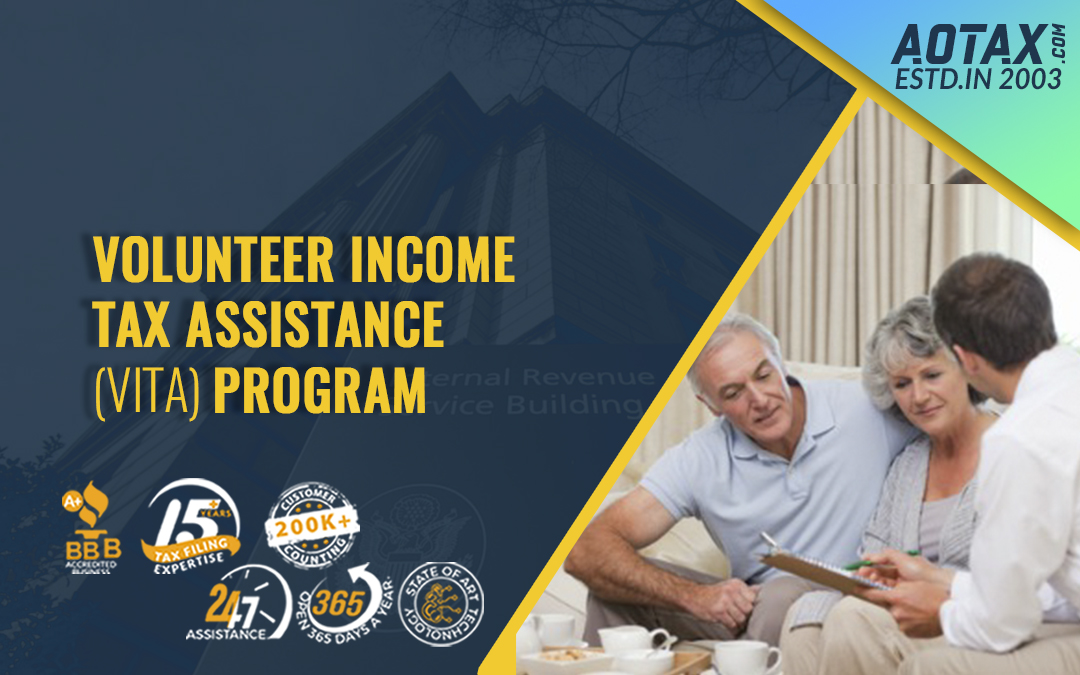
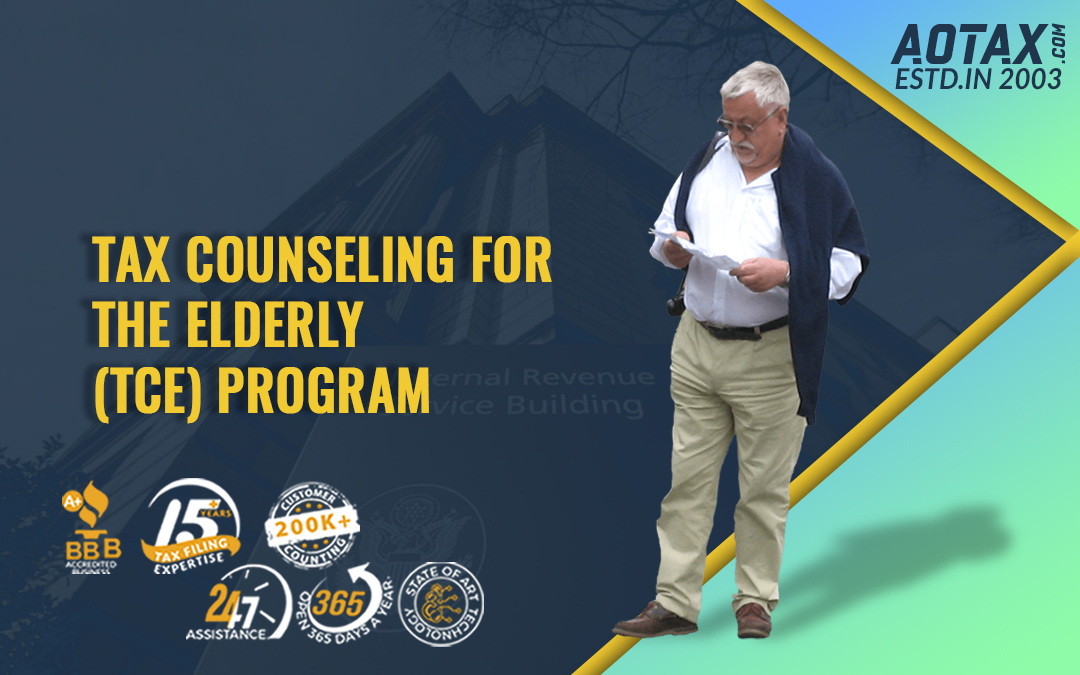

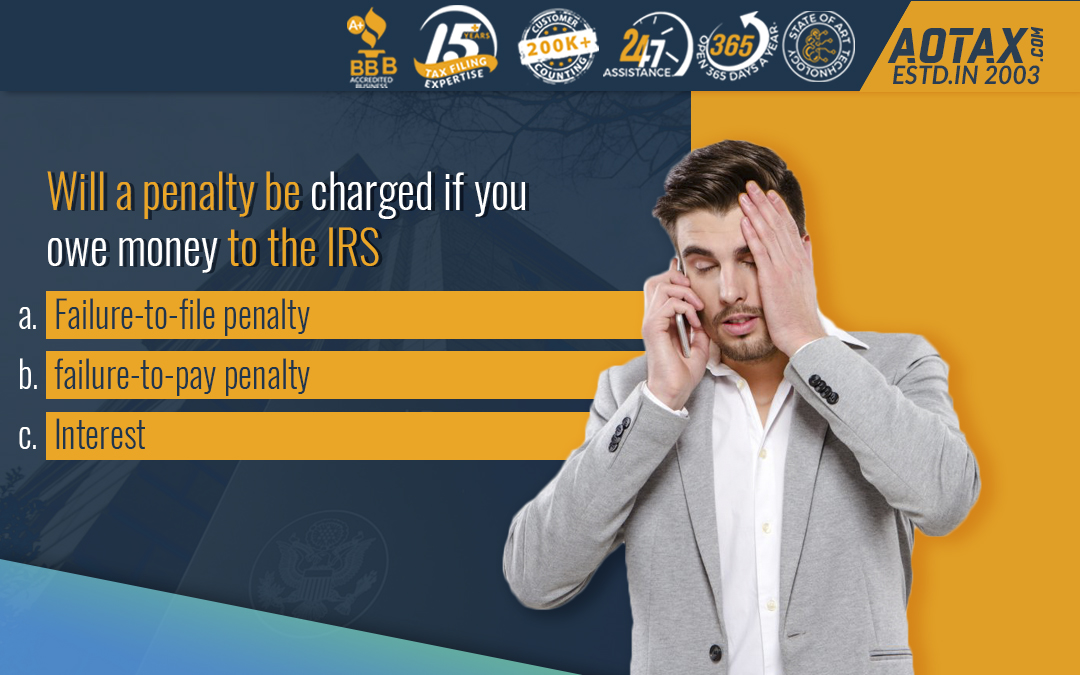

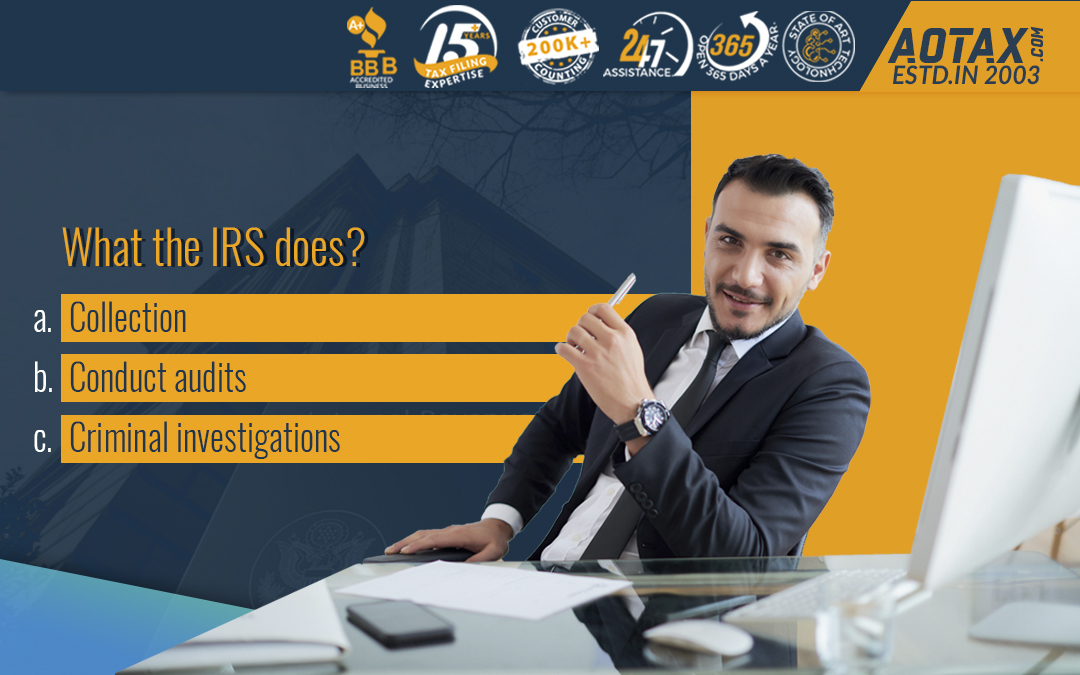
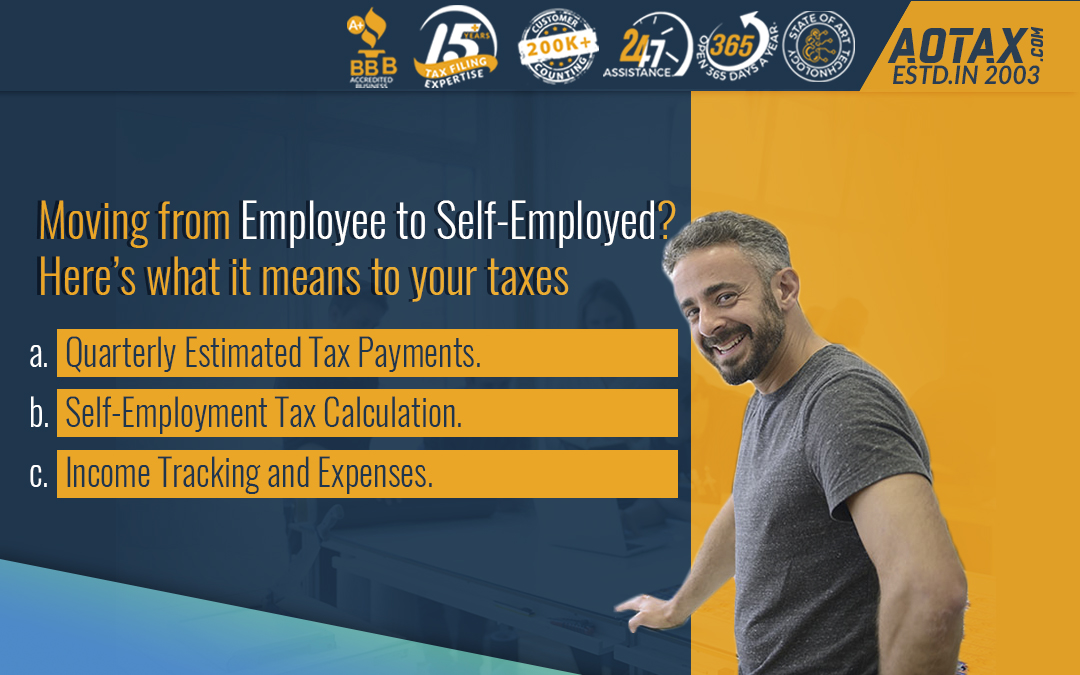
Recent Comments